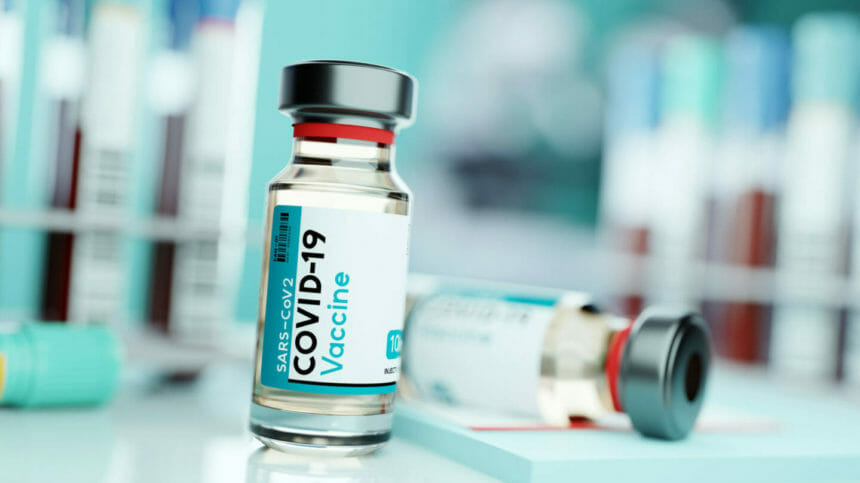
The mRNA-based COVID-19 vaccines are effective at preventing infection in most cancer patients, according to a nationwide study of veterans diagnosed with cancer in the past decade.
Researchers at Stanford University, Harvard University and the Department of Veterans Affairs studied the medical records of more than 180,000 VA patients who received treatment for cancer between August 2010 and May 2021. Of these, about 113,000 were vaccinated with one of the two mRNA-based vaccines approved by the Food and Drug Administration — Pfizer BioNTech and Moderna — between Dec. 15, 2020, and May 4, 2021.
For each day of the study period, the researchers matched a patient who had been vaccinated with a peer of similar medical history and demographic background who had not been vaccinated, comparing the rates of COVID-19 infection in each pair. They found that, overall, the vaccines were about 58% effective at preventing infection starting at two weeks after the second dose. But the vaccines were about 85% effective in people whose last cancer treatment had concluded six or more months before their first dose. The vaccines were about 63% effective among people whose cancer treatments concluded three to six months before their first dose, and 54% effective among people whose treatments concluded within three months of their first dose. Results also suggested that the two vaccines were similarly effective among this population, which was excluded from early vaccine trials.
“We know that, in general, cancer patients with COVID-19 have poor outcomes,” said postdoctoral scholar Julie Tsu-Yu Wu, M.D., Ph.D., one of the study’s lead authors. “Our goal was to identify those patients who might benefit from additional interventions like a vaccine booster shot or who should be candidates after exposure for prophylactic interventions like oral antivirals or monoclonal antibody treatments. But the main finding of our study is that COVID-19 vaccination is an effective way to prevent infection in most cancer patients.”
Results were published in JAMA Oncology.





